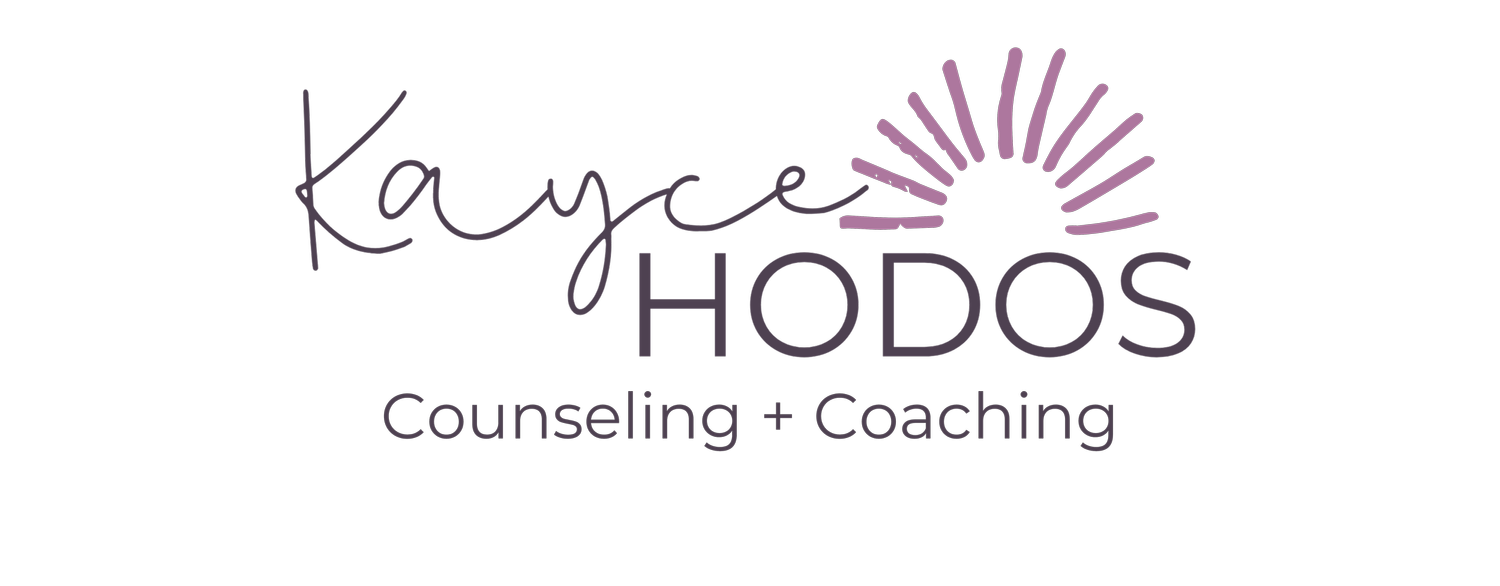The #1 Complication of Childbirth May Surprise You
Most people are shocked to learn that the answer is Perinatal Mood and Anxiety Disorders (PMADs), an umbrella term used to refer to postpartum depression, postpartum anxiety, pregnancy/postpartum OCD, PTSD, insomnia, postpartum psychosis, and postpartum bipolar.
Of course, we tend to hear more about postpartum depression than the others, but I think the word perinatal is particularly effective in relaying the time period when these mental health concerns may arise.
Perinatal refers to the entire pregnancy and the full year after childbirth. That's a long time, but I'd go as far as to say years 0-5 of baby's life are the most mentally challenging for mothers (and why I decided one-and-done was the way to go for me).
It’s important to know that the symptoms aren’t always clear cut. You may be feeling scattered, overwhelmed, tearful, disappointed, and a bunch of other emotions.
You also may be having dark thoughts that seem unlike anything that would typically cross your mind. Some women describe them as vivid because they can imagine them so clearly, but they’re very disturbing in nature. We call these intrusive thoughts, and they’re a common symptom of postpartum OCD, but they can also occur as part of other PMADs, including during pregnancy.
Remember: Perinatal = pregnancy + the entire year after giving birth (possibly longer).
If I'd had this information, you can bet I would've spent way more time on my postpartum plan than my birth plan, and I'd like to think I would've been more open to asking for and accepting help.
If you’re thinking “NO KIDDING!” and you’d like some support with your adjustment to motherhood, start here to see if we’re a good fit.
